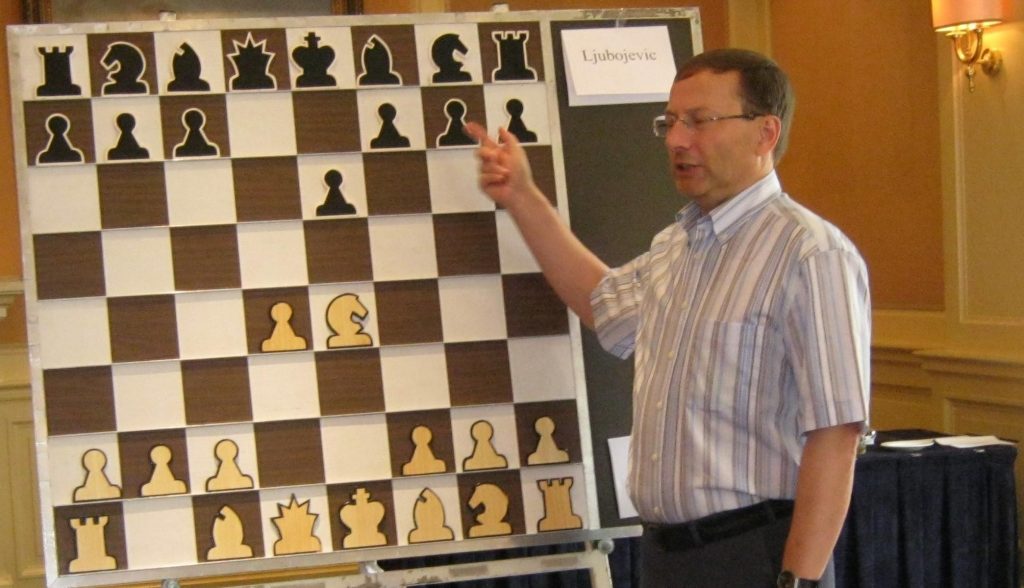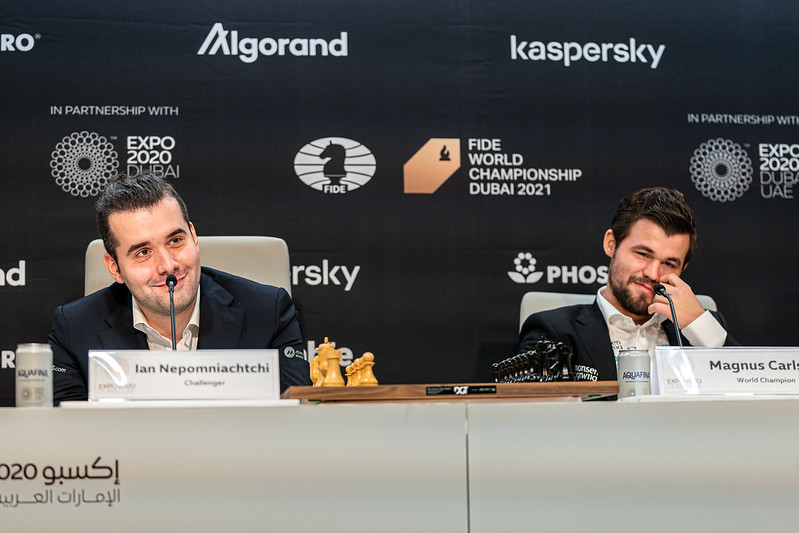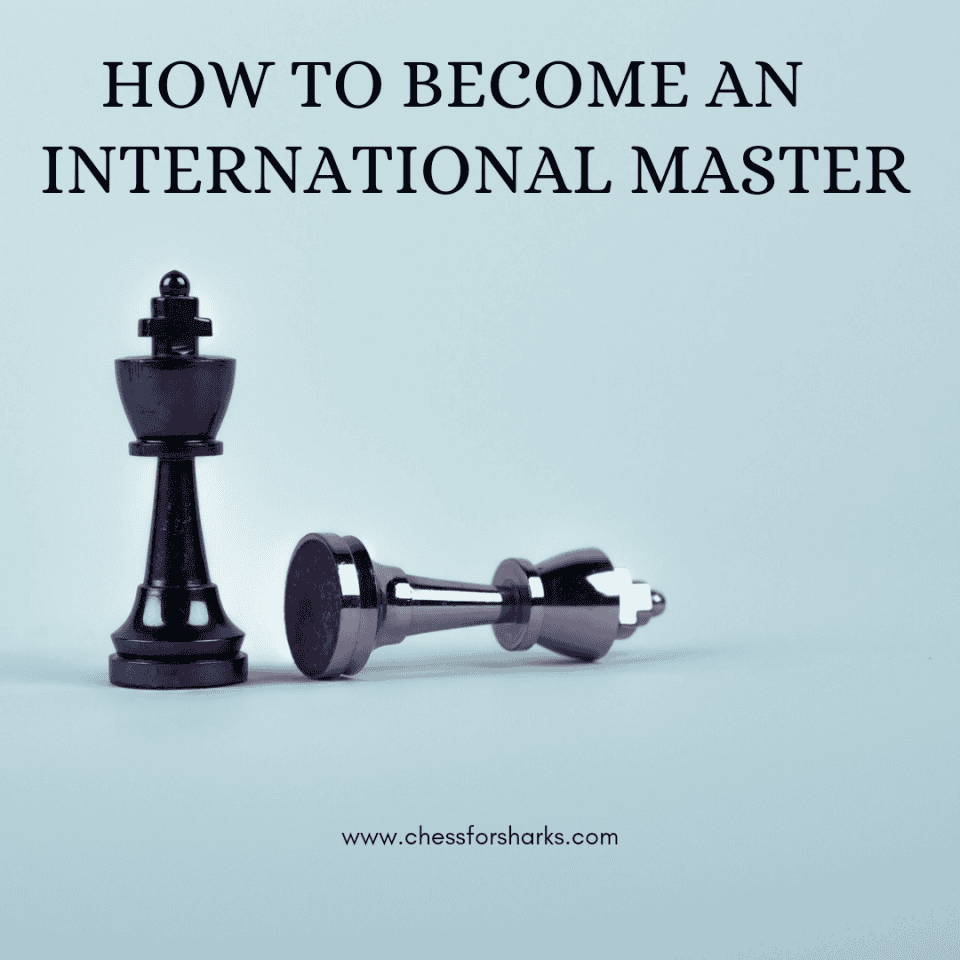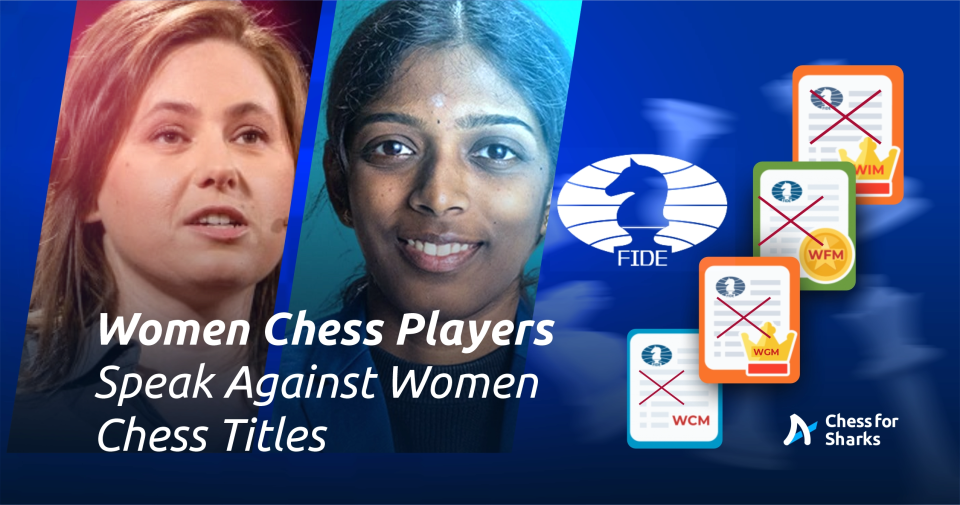The International Master title is awarded to chess players who are strong but not quite at the level of grandmasters.
It was introduced in 1950, along with the Grandmaster title, and is usually abbreviated as IM in chess literature.
To obtain the title, a player must achieve three required title norms over 27 or more games and a FIDE rating of 2400 or more.
An IM norm is defined as a performance rating of at least 2450 over 9 or more games.
Additionally, the field must have an average rating of at least 2230, must include at least three International Masters or Grandmasters, and must include players from a mix of national federations. See FIDE regulations here.
There are also several ways to be awarded the IM title directly without going through the usual norm process, provided the player has a rating of at least 2200.
These include:
- qualifying for the FIDE World Cup
- finishing second in the Women’s World Championship
- finishing second or third in the World Junior Championship (U20)
- finishing second or third in the World Senior Championship (over 50 and over 65 divisions)
- winning (outright or shared) the World Youth Championship (U18)
- winning the World Youth Championship (U16) outright
- finishing second or third in a Continental championship
- winning (outright or shared) a Continental over 50 championship, over 65 championship, or under 20 championship
- winning a Continental under 18 championship outright
- winning a sub-Continental championship
- winning a Commonwealth, Francophone or Ibero-American championship
- and winning a World Championship for People with Disabilities.
Benefits and Opportunities for International Masters
Becoming an International Master opens up many new opportunities and benefits. They include:
Competitive Advantages
As an IM, you’ll have a competitive edge over lower-rated players in tournaments. You’ll get better pairings and have a higher chance of winning prize money.
Your IM title will also make you a more attractive recruit for chess clubs and teams.
Coaching Opportunities

Many chess coaches charge higher rates if they have an IM title. You’ll be qualified to coach serious tournament players and help them improve their game.
You can offer private or group lessons, online or in-person.
Media Interest

There is more media interest in stories and games from IMs and GMs. You may get interview requests from chess journalists, podcasters, and videographers.
Your games and insights could be featured in articles, videos, and streams. This additional exposure and commentary on your games allows you to build your reputation and brand as a strong player.
Invitations to Closed Tournaments
As an IM, you’ll have the opportunity to participate in invitational round robins and other closed tournaments not open to lower-rated players.
This allows you to gain experience playing in a more intimate, intense setting against other titled players.
So there you have it. Becoming an International Master is no easy task and requires an incredible amount of dedication, skill, and perseverance.
But if you have the drive and commitment to put in the necessary work, it can be an achievable goal.
You may also want to see:







join the conversation